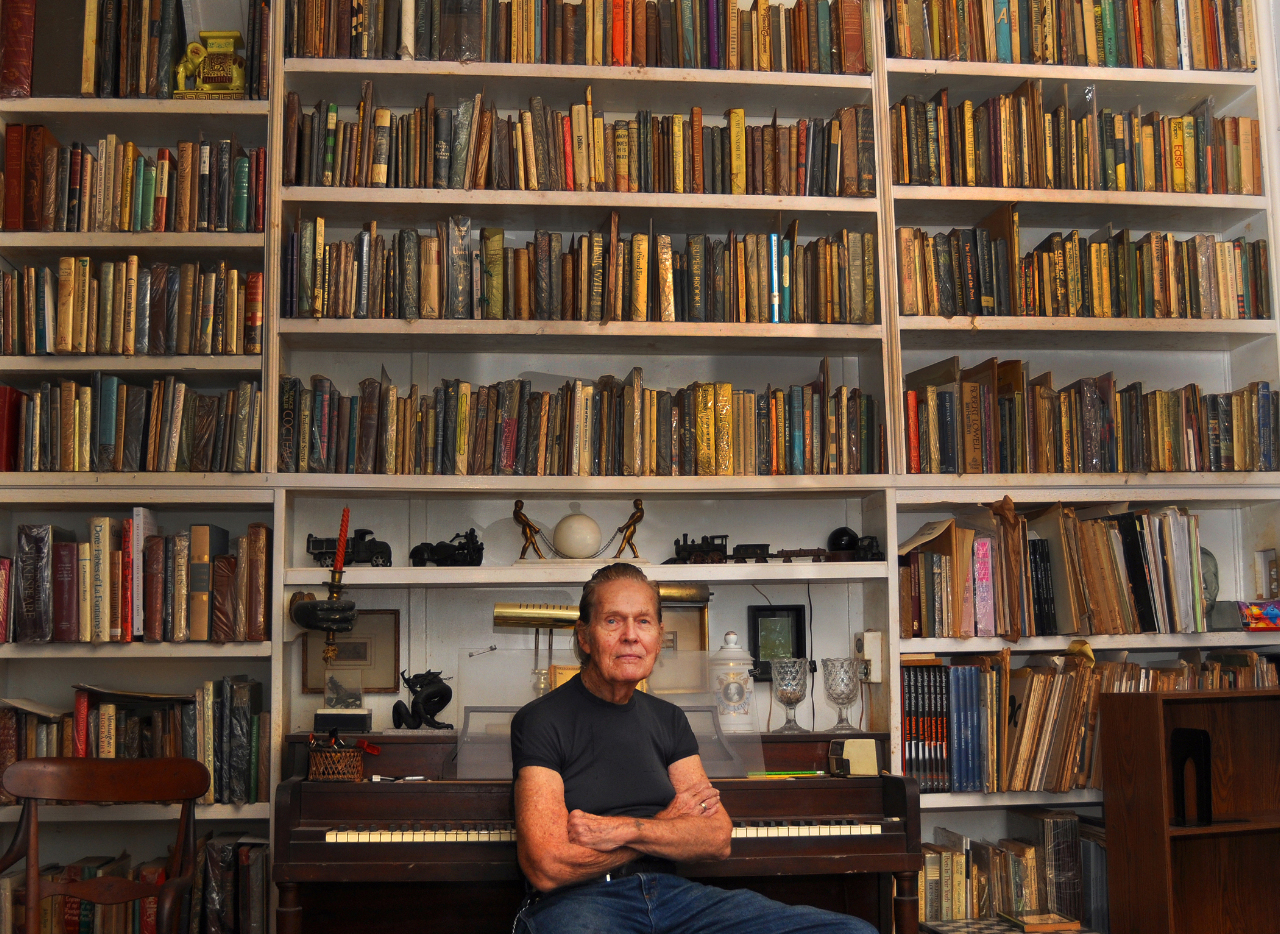Book Review: Better Living Through Criticism / How to Think About Art, Pleasure, Beauty and Truth

Better Living Through Criticism
How to Think About Art,
Pleasure, Beauty and Truth
- O. Scott
277p, Penguin Press, 2016
Having noticed the down-to-earth reviews of poetry books that A. O. Scott has written for the large presses, I bought this book. I winced at the title’s assertion of a right way to do things but the text itself was, once more, provocative, inviting, knowledgeable and thoughtful without saying so. Right down this reader’s back alley!
In an introductory chapter an imaginary reader, defending himself, remarks, “Nobody is really against thinking.” Mr. Scott responds that this may be true but anti-intellectualism is virtually our civic religion.
My spouse described to me how his mother who had been offered a chance to go to art school was persuaded by her own mother that “we do not go to college; we get jobs.” This advice, in effect, ruined her hope of personal advancement while self-recognition itself was thrown like detritus into the trash bin.
Mr. Scott reminds us in the same paragraph, “the rewards for not using your intelligence are immediate and abundant. … As consumers of culture, he suggests, we are lulled toward group identity of fanhood in which bluster too often substitutes for argument.
Talent, a calling, conviction, the need to be ourselves is far beyond not only group-think but even beyond argument. One of the professional reviewers of this book looks for an organized testament to substantiate Scott’s stance. Schools need a program laid out so that they may have something to study, to test and to teach. But every stance worth considering is different. We do not need to live our lives by following a particular theory. It does seem better to live our lives by finding out who we, as individuals, are. That in itself can be the critical project of a lifetime. This reader felt confidence in this author because he did not impose a philosophy or a dictum on us. That would seem like school work, as I say, to keep post-graduate classes busy. Our brains may be our own schools and there is where we find, not approval and conformity, but our own unpredictable lives and how we find out, through many discursive positions, what has made them meaningful.
Kirby Congdon
[optin-cat id=”26188″]


Facebook Comments